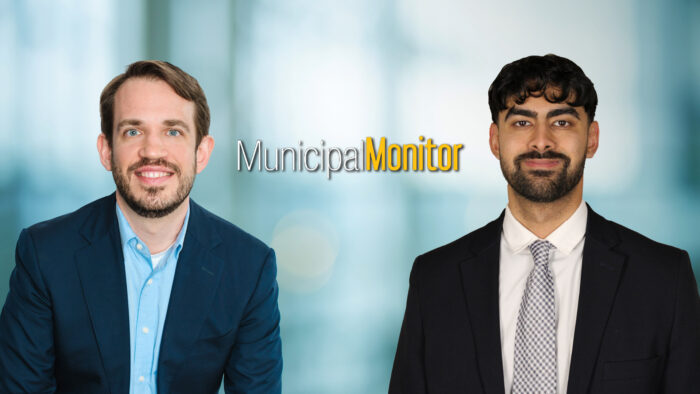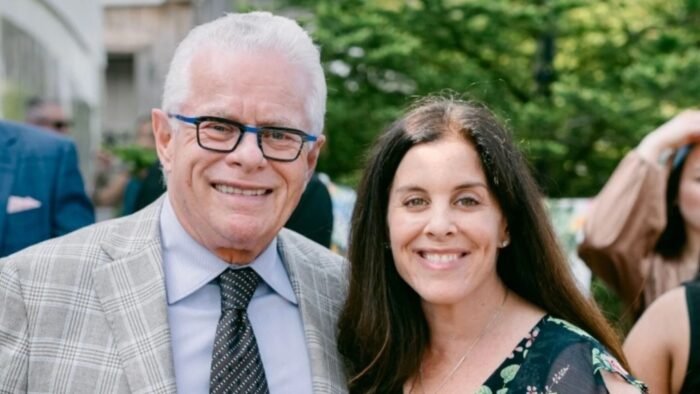‘Ghostwriting’ Prohibited in Court
Author(s): Darcy R. Merkur
February 23, 2017
Does Donald Trump author all of his own tweets?
Is it wrong if he doesn’t write them all himself?
While the U.S. president and other politicians and celebrities can have representatives speak on their behalf, an expert witness in the courtroom does not have that right.
Rather, a court expert must be the sole author of any report they write to be used in court.
The idea of “ghostwriting” by courtroom experts was recently addressed in a decision about defence medical assessments by insurance companies.
In every serious personal injury claim, a claimant is subjected to being assessed by a host of doctors chosen by the defendant and/or their insurance company.
All too often, accident victims attend these mandatory defence/insurance medical assessments and end up complaining they barely met the person who was assessing them.
Then they receive a lengthy report by that person that often severely undermines the nature of their injuries and has a number of factual errors.
Accident victims are left confused by how the “expert” assessor was able to come to the conclusions they reached and puzzled by how the “expert” seemed to know little about their complaints and medical history during their short assessment, despite having access to binders of medical records.
In the last decade, the rules for calling expert witnesses at trial have been tightened to make it clearer to experts they are testifying to assist the court and not as a spokesperson for one side or the other.
Although the rule changes helped empower judges to sanction experts that appeared slanted to the side that hired them, a new problem described as “ghostwriting” has surfaced.
The problem is that despite being paid thousands of dollars to review a matter and write a comprehensive report, experts have been suspected of hiring subordinates to review the file and to write the crux of the report.
As a result, the “author” of the report isn’t really the author at all.
The issue of “ghostwriting” was recently addressed by Ontario Superior Court Justice Helen MacLeod-Beliveau in a case arising out of claims for personal injury resulting from a car accident.
The judge referenced the claimant’s definition of “ghostwriting” as: “When an expert opinion is tendered that is attributable to one author but where the opinion contained is, in fact, the opinion even, in part, of people not named in the report.”
In other words, ghostwriting by an expert occurs when the expert signing the report is not the only person that had a hand in writing it.
In this case, the lawyer for the claimant demanded that, before the claimant agreed to an assessment by a doctor of the defendant’s choosing, the defence medical expert would agree to personally write the entire report.
Court offended
In the end, the judge determined the idea of “ghostwriting” offends the court rules for expert reports and made it clear the report “shall be written solely by its author.”
The practical implication of this decision is that large medical assessment companies that have been mass producing expert reports will now be forced to review their report writing protocol to make sure the author of the report is, in fact, the person who writes the entire report.
The idea of outsourcing the file review aspect to administrative assistants will no longer be tolerated as an acceptable practice and the expert must be sure every word is their own and not that of a subordinate.
By eliminating the possibility of “ghostwriting”, accident victims can take more comfort in knowing their medical files will be reviewed by the actual person assessing them.
Being a court approved expert is a privilege that should not be taken lightly. Experts must take that responsibility seriously by reviewing the matter themselves so that the conclusions they reach are fair, impartial and well reasoned.
Darcy Merkur is a partner at Thomson Rogers in Toronto practising plaintiff’s personal injury litigation, including plaintiff’s motor vehicle litigation.
View this article as it originally appeared on February 19, 2017, issue of TorontoSun.com: “Ghostwriting” Prohibited in Court
Related Posts:
Moore v. Getahun – Experts, Reports and Consultations with Legal Counsel
Share this






